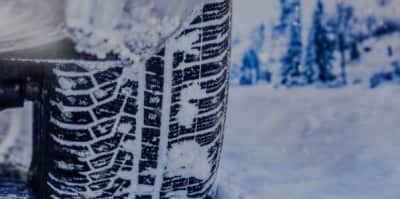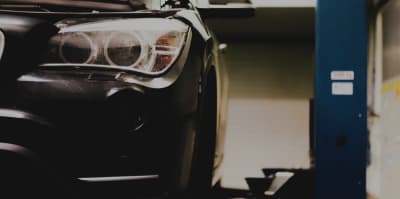
The brakes on our cars are one of the things that keep us safest when we are driving. It can be extremely dangerous when they go wrong but most of the time we get fair warning that the parts are going to need to be replaced.
A lot of pressure is put on the braking system each time that you use them to slow down, so it is only a matter of time before parts need to be repaired and replaced. The process of taking the car to the garage to have it looked at can be much less daunting if you understand exactly how the braking system works and what the different parts do.
This way, you are more likely to understand exactly how the problem can be fixed and, perhaps, how to avoid it happening again or as often in the future.
Brake calliper, disc and pad
Most modern vehicles are equipped with brake discs. This braking system is one in which the wheels are connected to metal discs which spin in time with the tyres and wheel hubs.
The calliper works by slowing down the wheels as it creates friction with rotors. It is essentially a type of clamp which fits around the disc.
The brake pads are the pieces of friction-generating material which are fitted to either side of the calliper. As you put your foot on the brake and push down on the pedal, the pressure stored by the brake fluid pushes a piston against the calliper. This causes the calliper to squeeze the brake pads against the brake disc, which in turn slows down the speed of the spinning wheel by restricting its ability to move freely. When this process happens simultaneously on all four wheels it will slow the car down in a controlled manner and will eventually bring the vehicle to a total stop.
As the brake pads are made of a softer material than the metal of the brake discs, it is the pads which often wear out faster. You will find that you will have to replace your brake pads more often than your brake discs and it is easy to understand why once you know how the braking system works.
Every single time you press the brake pedal, the spinning of the disc causes the brake pads to wear a little thinner. As time goes by, the brake pads are eroded by the metal discs and they begin to wear out.
Can I check brake disc and pads? How do I do this?
Brake pads are designed to have metal tabs in them which will screech when they make contact with the spinning brake disc. The metal tabs are inserted part of the way down into the friction-generating material of the pads and are there to let you know that the pads are getting thin. As soon as you hear this noise, you should get your brakes serviced.
You can check the condition of your discs and pads at any time. All you need to do is jack up your car and remove each wheel, one by one, to have access to the braking system. Your brake pads shouldn’t drop to below an eighth of an inch thickness.
The discs shouldn’t have any dents, shouldn’t be warped and should be completely rust free. If you are not comfortable jacking up your car to have a look at the brakes, or you don’t have the time or space to do so, taking your car along for a service will put your mind at ease about the state of your brakes.
If you do check the state of your brake pads yourself and you find that they are more worn on one side than the other then this could be an indicator that there is something wrong with a calliper or a disc. If this is the case then you should take your car along to your local workshop so that they can diagnose and fix the problem for you.
Safety Matters
Checking your brakes is not necessarily a difficult job. With comprehensive instructions and very few, if any, specialist tools, you could even change the brake pads yourself. It is, however, a dirty and lengthy process which, unless you really enjoy that sort of thing, is often much easier to leave to a professional.
If you have any doubts about what you are doing when it comes to the braking system in your vehicle then you should consult a professional. If you drive with faulty brakes then it is not just yourself that you put at risk, but also your passengers and all other vehicles you come close to on the road. It is not worth compromising the safety of yourself and others, so if in doubt, take your car to a workshop.
Get quotes for a brake service
All about the Brakes
- Brakes repair and replacement
- How to paint brake calipers
- How to make your brakes last longer
- How to change brake discs
- Where to Get Cheap Car Batteries
- Why a service of brake fluid and hydraulics is so important
- How to change brake fluid
- What are backing plates?
- How to diagnose your brake problems
- How to change brake pads
- How to use a Brake Bleeding Kit
- What is a Brake Bleeding Kit







